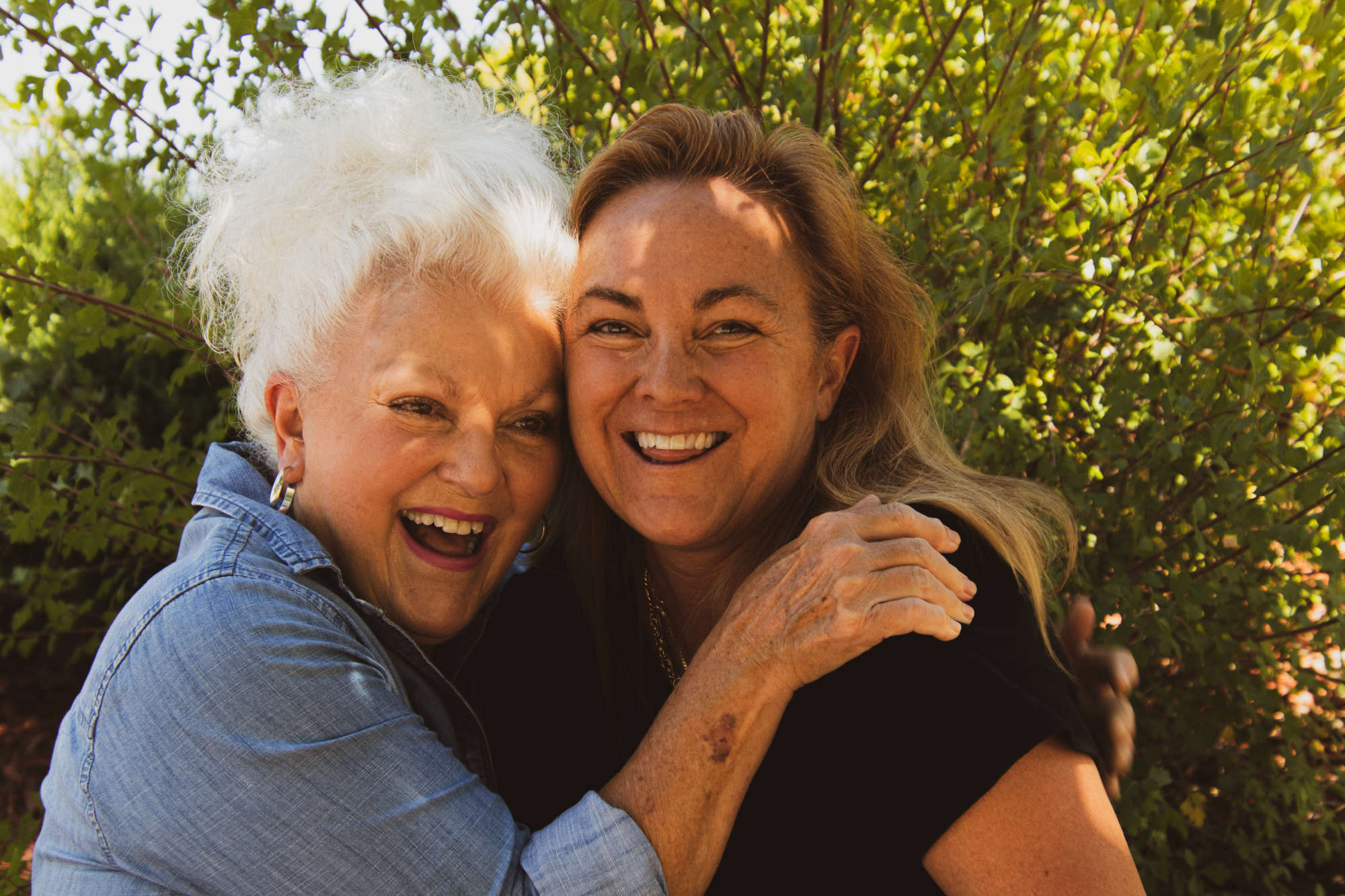
According to the “Caregiving in the U.S. 2020” study by AARP and the National Alliance of Caregiving, 11% of family caregivers live at least an hour away from aging loved ones.
Caring for aging parents from a distance may look different for everyone.
Some adult children feel a weight of responsibility to care for elderly parents and, therefore, go out of their way to care. Others may check-in with daily phone calls to curb caretaker guilt.
Somehow, no matter how much time, attention, and care you give as the adult child of an aging loved one, there’s a looming feeling that you could have done more.
Guilt is destructive and impairs those who don’t recognize its impact.
If you’re feeling a level of guilt moving away from elderly parents, keep reading.
In this article, we’re explaining how to take care of aging parents (long-distance) and tips for saying goodbye to caretaker guilt.
3 Tips for Curbing Caretaker Guilt
Are you experiencing caretaker guilt?
Have you said things like, “I feel bad for leaving my parents” or “I feel guilty for not being more available to care for mom”?
Let’s examine these feelings of guilt. Moving away from elderly parents or simply living far away from elderly parents can weigh heavily on adult children. However, you don’t need to feel guilty if you live more than an hour from an aging parent or can’t be their primary caregiver.
Every year, there are fewer caregivers available, but more baby boomers who need care. Relying on family caregivers won’t always be a feasible option.
Here are a few tips to help you work through and overcome the guilt moving away from elderly parents can cause.
Acknowledge the Guilt
Accepting feelings of guilt may seem counterintuitive, but you can’t heal what you don’t recognize. Some days, your mind will jump on the “should have,” “would have,” “could have,” train; give yourself grace in these moments. When you let guilt run rampant in your mind, you may experience compassion fatigue, which exacerbates your stress.
Ask yourself if your guilty feelings are objectively valid. If you keep playing devil’s advocate, confide in a spouse, counselor, or close friend. Expressing how you feel out loud can be therapeutic and might even help you uncover the root cause of guilt.
Set Realistic Expectations
When we feel defeated, hurt, or incapable, it’s likely due to the unrealistic expectations that we unconsciously set on others or ourselves. In the case of family caregiver guilt, you’re most likely setting unrealistic expectations on yourself. An ill or aging parent presents a new stressor for adult children. Some may feel compelled to immediately jump to the rescue without understanding the commitment that caregiving requires.
Assuming the role of “family caregiver” isn’t always the best addition to your signature line as you navigate work pressure, family tensions, and general life circumstances. You weren’t meant to do it all. Set realistic expectations like calling your mom during your lunch break instead of driving to her house every day after work or multiple times per week.
Ask for Help
Are you reading this last tip and thinking, “No, I don’t need help. I just need tools to equip me to care better”? Take a moment to ask yourself if that’s you or the guilt talking. As your parents grow older, their physical, mental, and emotional needs will grow with them. At some point, the level of personal care they require will exceed your abilities—and that’s OK.
There’s no shame in asking for help, especially if you need help caring for aging parents from a distance. Fight against the “I-can-do-it-all” mentality. In-home caregiving exists to support aging loved ones and bring peace of mind to distant families who can’t provide care 24 hours a day.
According to Stowell’s Clinical Director, Susan Forbush, “Our clients often call for support when they are in crisis and their adult children or spouse feel that they should have intervened sooner; this can lead to caregiver guilt. This is not true and no one caring for a vulnerable loved one should feel that they have failed. We are here if it is an emergency, but most importantly, when things are going well, so we can help you plan for future issues and prevent crises from occurring. By reaching out for help now, your stress level as the caregiver will be decreased and you will have peace of mind that plans are in place for future needs.”
If you’re burnt out, live far away, or need respite care, we have a solution for you.
Get Long Distance Help with Aging Mother (or Father)
Statistically speaking, 65% of care recipients are women around 69 years old.
Daughters tend to be the ones who step up and care for aging parents, especially since most care recipients are female. Research shows that gender roles are the biggest factor in determining who becomes the family caregiver, but it doesn’t have to be you.
Contact our Care Team at Stowell Associates to learn more about long-distance caregiving help with aging mothers and fathers. Speak with a care professional who can help you understand the options available for your loved one.
Stowell Associates is differentiated from other home care agencies by championing care managers – “the eyes and ears” of adult children living far away from elderly parents. Our care managers have experience working with adult children who need to coordinate long-distance caregiving and wrestle with caretaker guilt.
Our Care Team exists to support families as much as we care for their loved ones. Contact Stowell Associates today to learn more about elder care for aging parents in Wisconsin.









